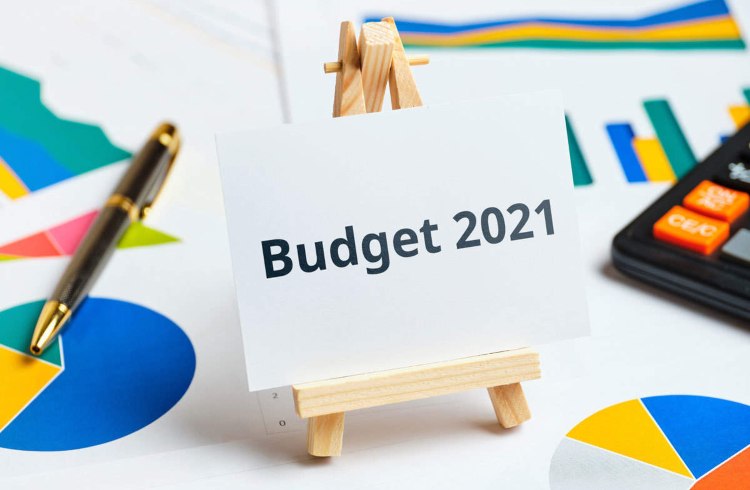As the year comes to a close, this means it’s time for businesses to plan their budget for the next year. This process looks a little different at the end of 2020, as we are still not fully released from the clutches of the pandemic that dominated the year. Based on lessons learned from COVID-19, the budgeting process must find a strong balance between strategy and practical value more than ever. In the context of a level of uncertainty that the world has not seen for many decades, businesses must focus on quick results at controlled costs.

Here are seven vital tips small businesses must consider when putting together their budget for 2021.
Go Back to the Fundamentals
You may have developed a strong budget over the years, but you should never see your budget infrastructure as set in stone. In this new and dynamically changing landscape, your budget needs to be flexible and responsive. This means setting aside the experience and knowledge learned for previous years to some extent, and start from the beginning again. 2021 demands a budget based on new lessons we’ve learnt from the pandemic and how it has impacted on the economy and business.
Focusing Financial Expertise on High-Priority Areas
Many businesses have endured financial losses in 2020 and so have limited funds available for the coming. This makes it more important than ever to make strategic use of the funds you have and the best way to do this is to consult the experts. They will be able to rightly identify what is more important and where the money should go. This will help you to make the proper allocation of funds to different aspects of your business, such as marketing, product development, payment technology and automation, recruitment, and customer service. To make the best use of the funds you have, you need to make sure they go to the right place.
Flexibility to Accommodate Uncertainties

The business world has been facing many different types of uncertainties in recent years, well before the COVID-19 pandemic. Experts are unanimous that businesses must put aside a safety net to prepare for unexpected and accommodate this within their budget. Therefore, your 2021 budget should be designed with flexibility in mind, and accommodate a range of unknown factors. Having more short term objectives is one way to achieve such flexibility. Small businesses must be ever ready and prepared to make sudden changes when unforeseen events inevitably occur.
Hold on to your Bare-Bones Budget
You probably found that you have to redesign and revamp your 2020 budget when it had barely even begun, as soon as the pandemic took hold. Budget allocations to a number of areas were curtailed significantly, and some areas like travel and entertainment, were probably stripped back to zero. For most of the year, many businesses have been running on such a minimal budget. As the situation has not yet fully recovered and available funds remain slim, for many businesses, continuing with this bare-bones budget is the best approach.
Identifying Areas that Work
Many enterprises will have to allocate funds and resources to vastly different parts of their business compared to previous years. Multi-segment businesses will have to focus more on the areas that are confident of recovery during the coming year and put some projects on the back burner. Single segment businesses may have to shift their business model and explore new products or markets.
More Collaborations and Partnerships

Your 2021 budget should have more emphasis than ever on collaborative projects. Small businesses must consider any partnerships or cooperation that will help their business to succeed. Small businesses that could be under threat in these turbulent times may manage to survive if they join up with others. This will be a lengthy process of investigating options, weighing up the pros and cons, and deciding on the best partnerships to explore.
Taking Contingency Seriously
Many businesses overlook the significance of contingency planning, and the equal importance of setting up a contingency budget. However, if you were in any doubt before, the pandemic has taught us that a lack of contingency funds can prove fatal for businesses. On the other hand, dedicated funds can serve as a lifeline that provides enough buoyancy for a business to survive even when disaster hits on a global scale.
Endnotes
2020 has been an incredibly tough year for many, but it has also allowed businesses to learn important lessons. The pandemic has transformed the business world at a speed that would never have occurred otherwise. It has taken small businesses online and sparked rapid digitalisation for many.
As you put together your business’ budget for 2021, this will undoubtedly attest to those lessons learned. Soon, things will be back to normal, and small businesses will soar if they put prepare now with a frugal, flexible and responsible budget.


